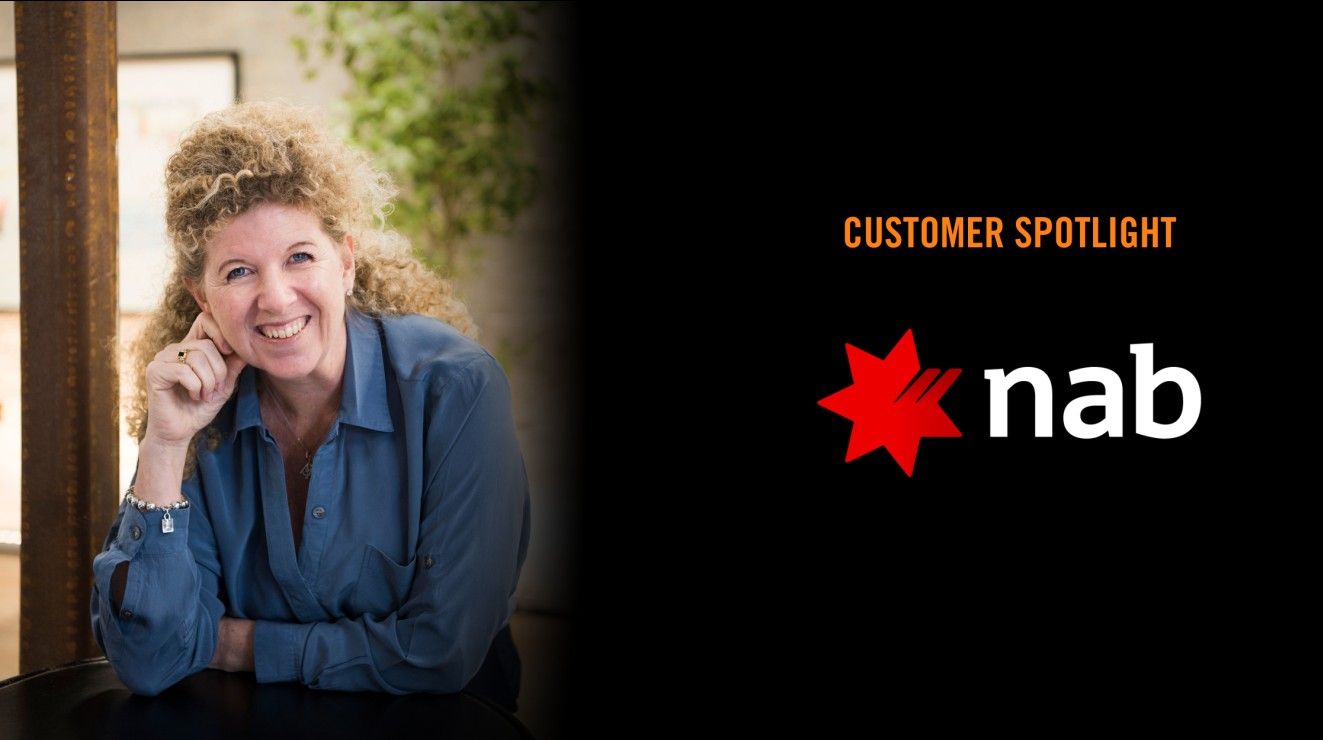Does Empathy in Leadership Belong in the AI Era?
Why Human Connection Matters More Than Ever in a Tech-Driven World


People
Leadership
Upcoming Learning
Who's Up Next?We're continually sourcing the world's greatest minds for your business success, so subscribe today for event updates, business ideas, leadership tips and tools for growth.
Related Articles


